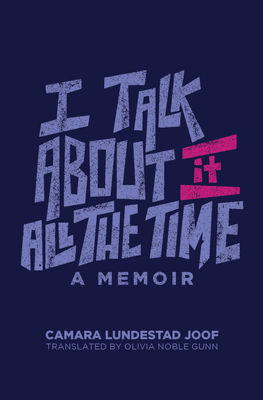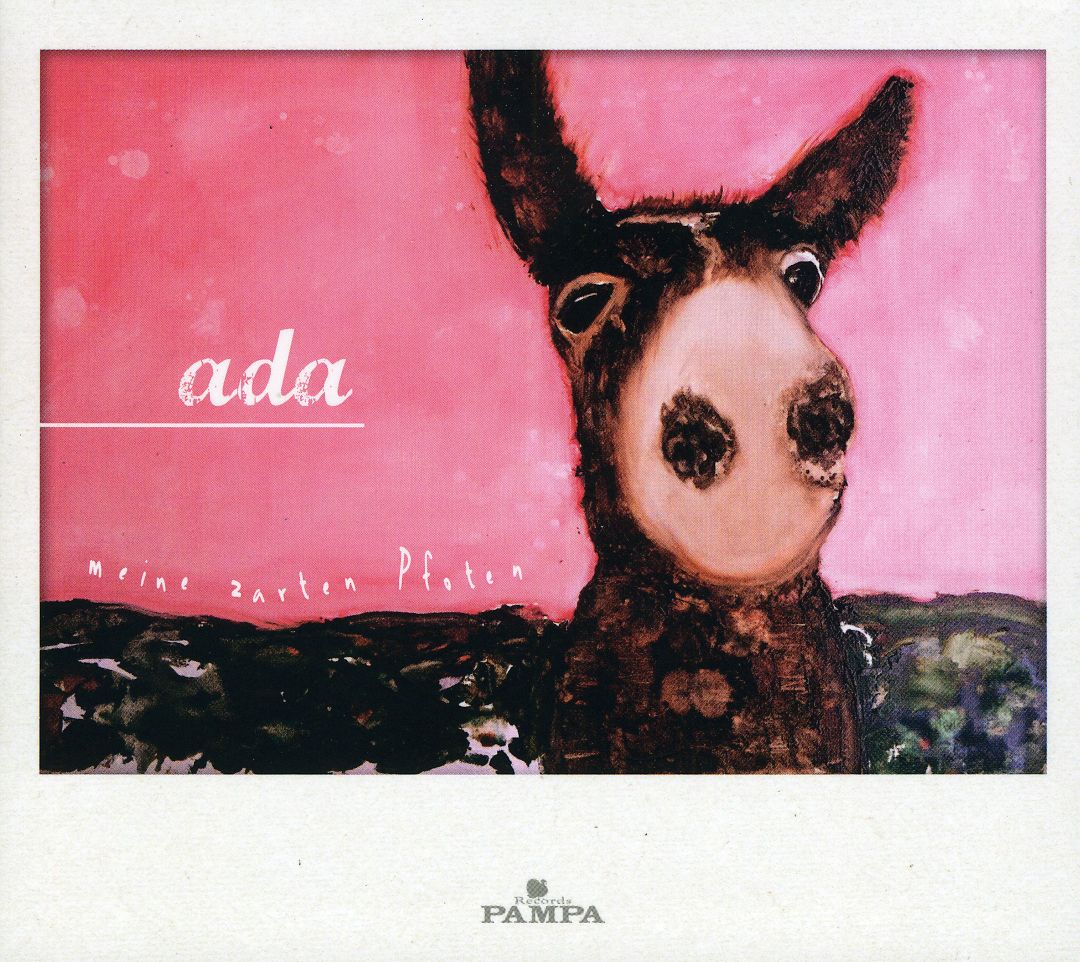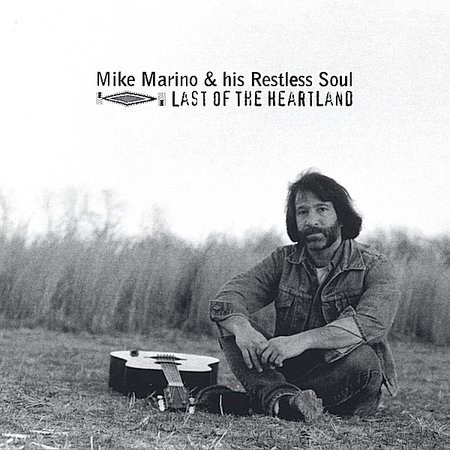
description
ra Lundestad Joof, born in Bod to Norwegian and Gambian parents, shares her experiences as a queer Black Norwegian woman. Joof's daily encounters belie the myth of a colorblind contemporary Scandinavia. She wrestles with the fickle palimpsest of memory, demanding communion with her readers even as she recognizes her own exhaustion in the face of constantly being asked to educate others. "I regularly decide to quit talking to white people about racism," writes Joof. Such discussions often feel unproductive, the occasional spark of hope coming at enormous personal cost. But not talking about it is impossible, a betrayal of self. The book is a self-examination as well as societal indictment. It is an open challenge to readers, to hear her as she talks about it, all the time.
member goods
No member items were found under this heading.
Return Policy
All sales are final
Shipping
No special shipping considerations available.
Shipping fees determined at checkout.







